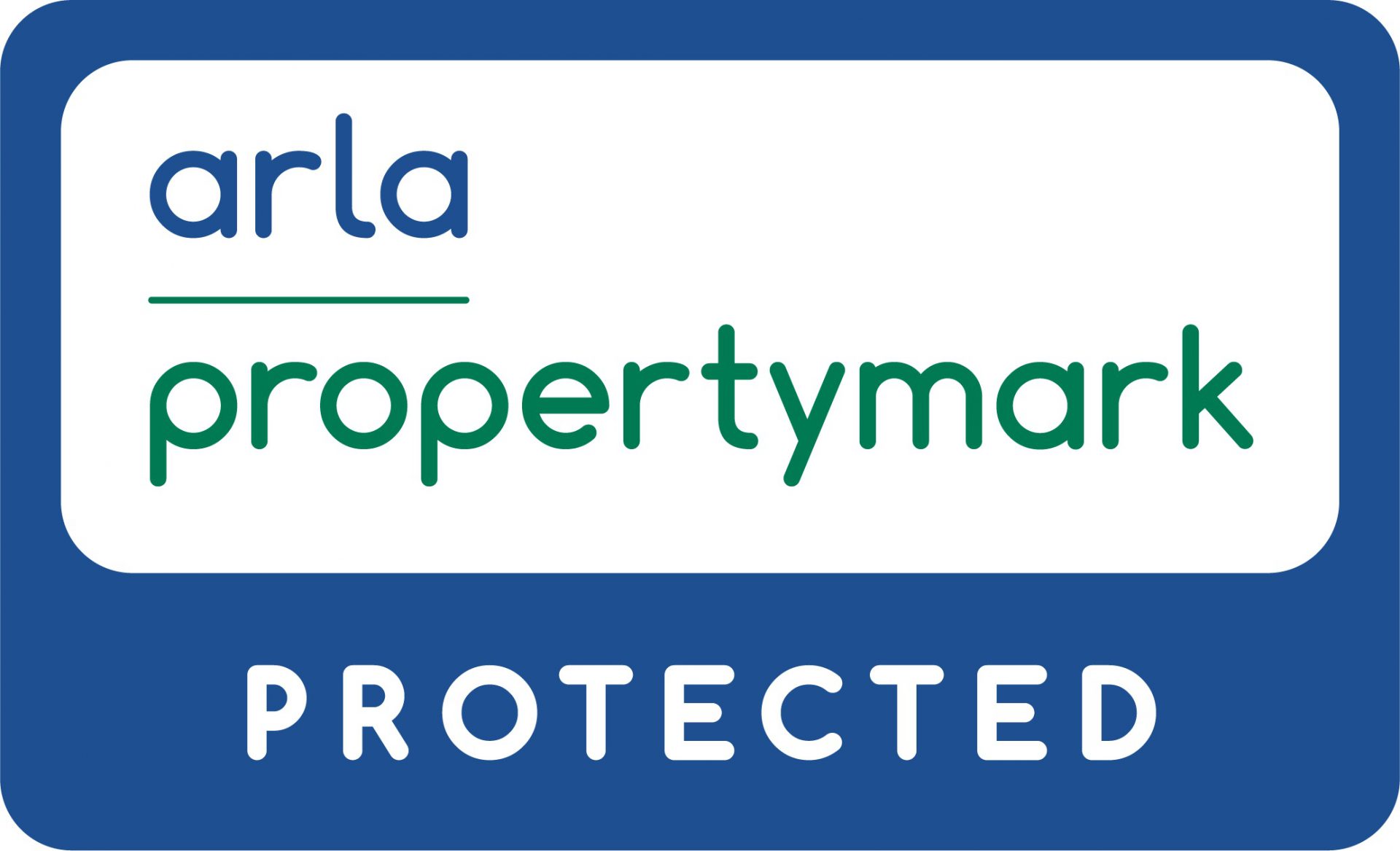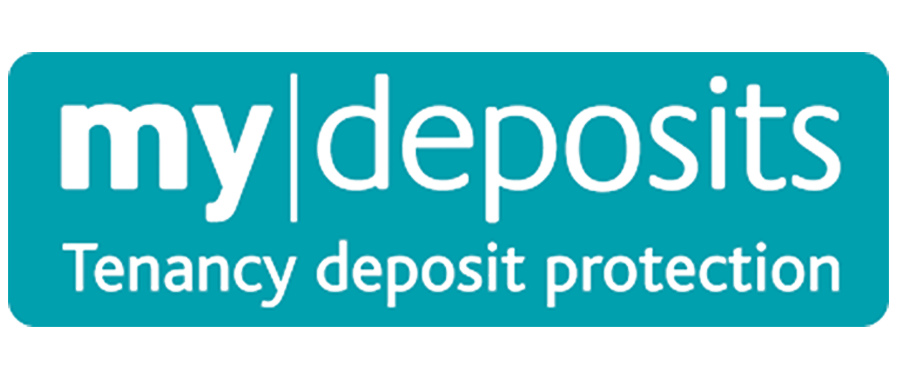Landlord Frequently Asked Questions
Yes. For anyone thinking of letting out an investment property, or their former home, the decision of whether to go it alone, or to enlist the services of an Agent can be a difficult one. Even if you are thinking of doing it yourself, our advice would always be to at least discuss the situation with a qualified and experienced Letting Agent first.
At first hand we have witnessed the distress which can be caused by using unqualified and/or inexperienced Agents. By using Frampton & Roebuck, you can be assured of a professional service, which is a requirement of our membership of The Association of Residential Letting Agents (ARLA Propertymark) www.arla.co.uk
We are also proud to say that we are accredited members of:
- MyDeposits.co.uk
- The Ombudsman Services Property (OSP)
- The SAFEagents Scheme
- The Client Money Protection Scheme (CMP)
- ‘In other words, you’re in safe hands!’
As the city’s only Agent dealing solely in lettings & management for residential and student tenancies, a member of our team is always on hand to deal with any enquiries regarding our services or our properties.
A member of our team will usually be available from 9am to 5pm Monday to Friday and 9am to 12pm Saturday
We will deal with day to day enquiries from your tenant, with the aim of keeping inconvenience to you, to a minimum. Clients often require differing levels of involvement ranging from hardly wanting to hear from us, to wanting to know when even a small amount of money is being spent.
Whilst unable to insulate even the busiest of clients from those decisions required when owning a substantial asset, or to contact a client prior to spending modest sums of money, we are able to accommodate all reasonable requests to tailor our service to meet your requirements.
Please remember to keep us informed when you are unavailable for longer than normal, for instance when travelling overseas.
- Feel free to let your us know how involved you would like to be.
- If you are going away for any length of time – do let us know.
Under normal circumstances, the payment of utility charges and council tax will be the responsibility of your tenant. We work with a utility transfer company who assist with the transfer process, as well as offering the opportunity for your tenant to choose a provider and offer a tailored tariff that best suits them. Tenants have complete freedom of choice.
It is important that you ensure your obligations for the transfer and payment of utility charges and council tax are met, as neither we nor any of the transfer companies we use accept liability for unpaid accounts.
- If you occupied the property immediately prior to it being rented, it is important to ensure you have closed your accounts.
- Your tenant is free to choose their own providers and tariffs.
Firstly, your tenant is asked to check for obvious problems such as operator error or a blown fuse/ tripped Residual Circuit Breaker (RCB).
Once we are as satisfied as we can be that a genuine problem exists, an approved contractor is dispatched to establish what the problem is, hopefully repairing it there and then. Where this is not possible and a more extensive repair or replacement is required, we will contact you for your instructions.
If you have preferred contractors of your own (or indeed would prefer the option of investigating issues yourself), remember to inform us so that we can add notes to your file accordingly.
Non-standard installations and appliances may require specialist contractors so please inform us before the start of a tenancy of any special arrangements necessary.
- When the cost of a repair is likely to exceed £150 we will, unless in the case of an emergency, endeavour to seek your instructions before works go ahead.
- Remember to tell us if you have specialist non-standard installations at your property.
Frampton & Roebuck approved contractors are required to meet strict criteria in terms of professional qualifications (such as Gas Safe Register, & NAPIT & NICEIC).
Our contractors are also required to offer value for money, in some cases agreeing to fixed price charging at rates below those available to members of the general public. These rates are available to us because of the volume of work we pass on to our contractors.
Value for money cannot be judged solely in terms of cost. Whilst a local odd job man might be able to complete a job for less money, many are not qualified and do not have the necessary insurances for when problems arise.
We are able to work with your preferred contractor, providing details are confirmed in writing or by email to your property manager.
Once this is in place we can liaise with your contractor and pay accounts rendered by him.
If you hold any landlord maintenance/ emergency cover policies, including British Gas HomeCare, where your Tenant is required to deal with the insurer/ contractor direct, please ensure you inform us of the details of your policy and level of cover so that we can pass this on to your tenants.
We can usually liaise with the manufacturer on your behalf and arrange for a repair to be carried out. Whilst parts and labour might be covered under the guarantee, it is not unusual for the manufacturer to charge in advance for the actual callout.
Please confirm details of guarantees in writing or by email to your property manager as we are not responsible where one of our approved contractors is inadvertently instructed.
- The majority of manufacturers are happy to deal with us as your representative.
- Please remember to let us know if you have guarantees in place.
We are able to make arrangements for the supply and installation of white goods such as washing machines, dishwashers and fridges. Under normal circumstances, where a replacement is recommended following a service call there is no charge for the call providing the same contractor supplies the replacement appliance.
Clients sometimes comment quite rightly that appliances are available cheaper on line. Whilst this is often true, it is important to take into consideration that an online supplier will not usually install the machine, collect keys for delivery, take away the old appliance and dispose of any packaging.
- We can usually arrange for the supply and installation of most makes and models.
- Prices quoted for online appliances rarely include installation and disposal of the existing appliance.
Instruction manuals should be available within the property for all appliances and installations from the heating system to the oven and hob. This is also a requirement of the Electrical Equipment (safety) Regulations 1994. If either you or a previous tenant has mislaid a manual, copies are often available on line.
If a service call results from a tenant not operating an appliance correctly he/she is ultimately responsible for bearing the cost. Should a tenant refuse to pay in a timely fashion, then whilst the cost will be met by you in the first instance it can form part of a claim against the deposit at the end of the tenancy.
- Your tenant should be provided with copies of instructions manuals for every appliance serving the property.
Where invoice amounts are less that the net rental monthly income, expenditure will be deducted from funds and paid direct to contractors on your behalf. Depending on the level of involvement you prefer to have, we will have almost certainly have discussed the works with you in advance so that you are expecting the deductions to show on your monthly statement.
When insufficient funds are available, or for more major works, your property manager will contact you to take payment prior to instructing works. Payment can be made by debit or credit card, (a processing fee of 2.5% applies to credit card payments) or bank transfer. Payment by cheque is not possible unless relating to works scheduled to take place a week or more in the future.
We are rightly prevented from using other client’s money to guarantee payments.
When we are closed, enquiries for properties are still dealt with by a member of our team, in some cases arranging appointments for prospective tenants outside of working hours due to their own work commitments.
In an emergency, tenants are able to call our office line and be transferred to speak to a member of the team on our out of hours mobile number.
An emergency is deemed to be where a problem places either the tenant or the property in imminent danger of suffering harm, injury or damage. The contractor will assess, so far as he is able, the seriousness of the situation and attend only where necessary. If attending the property is not deemed appropriate the tenant is asked to report the problem when our office reopens.
If your tenant exaggerates the seriousness of the situation we endeavour to recover the cost of attending out of hours from them on your behalf. If this is unsuccessful, you can include a claim when considering apportionment of the deposit at the end of the tenancy.
- In an emergency, help is on hand for your tenant 24/7
Providing the bulb was working when the tenant moved in, replacement bulbs on a standard system required during the tenancy are usually is the Tenant’s responsibility. You are responsible for repairing hardware such as light fittings and transformers.
Properties with specialist lighting and control systems should ideally be discussed with us prior to commencement of the tenancy, with any tenant liability clearly included within the tenancy agreement.
If the property has lighting units beyond reasonable reach, we suggest giving thought to installing long lasting LED bulbs prior to the tenancy starting.
- Tenants are usually responsible for replacing light bulbs during the tenancy.
- Discuss specialist lighting systems with us as soon as possible.
Leaks from one property to another are not uncommon, especially in apartment buildings. These can result from something as simple as a failed seal in a bath or shower to more serious problems with pipes and installations. In situations such as this, your tenant is asked to contact his/her neighbour, as soon as possible prior to reporting the problem to your property manager.
Always ensure pipes and tanks are adequately lagged and that your heating system includes a frost stat wherever possible.
Leaks can be costly and time consuming to trace and repair, and will often involve a claim on your insurance. Whilst Financial Services Authority Regulations often prevent us from making a claim on your behalf, we will gladly assist in preparing quotations and putting repairs in hand.
- Tenants must provide a reasonable level of background heat to help avoid frost damage.
If your property has a septic tank or sewerage system requiring specialist attention, arrangements should be discussed with us prior to commencement of the tenancy, with any tenant liability clearly included within the agreement.
Unless the problem results from a failure in the sewerage or drainage system your tenant is responsible for clearing blockages caused by his/her doing.
If the tenant fails to pay in a timely fashion, then whilst the cost will be met by you in the first instance, it can form part of a claim against the deposit at the end of the tenancy.
- Your tenant is responsible where the drains are misused.
Responsibility for maintaining the garden in seasonal order and for clearing patios, balconies, drains and gutters of fallen leaves will usually be your tenant’s responsibility.
Most agreements will prohibit them from lopping or destroying trees, plants and shrubs; however, reasonable pruning is expected. Whilst we advise tenants to water planters and pots, holding them responsible for any losses is notoriously difficult.
Where a gardener is included in the rent, the Agreement should clearly confirm the scope of his involvement.
- Your tenant is usually responsible for general garden maintenance.
Normally your tenant is responsible for keeping the water in optimum condition, including obtaining, paying for and adding chemicals. You are responsible for maintaining the filter, pump and associated equipment/ machinery.
With outside pools the cost of commissioning the pool at the start of the season and decommissioning it at the end is usually your responsibility as landlord. The Agreement should clearly confirm who is responsible for what so as to avoid any misunderstanding.
- Ensure yours and your tenants obligations are clear from the outset.
Most Agreements will make your tenant responsible for infestations such as mice, bed bugs and other vermin, this based on the premise that an act or omission on their part caused or contributed to the problem arising.
In many cases, especially when close to the start of the tenancy, uncertainty may arise as to where responsibility rests. In such cases a degree of compromise is recommended to maintain a healthy relationship with your tenant.







